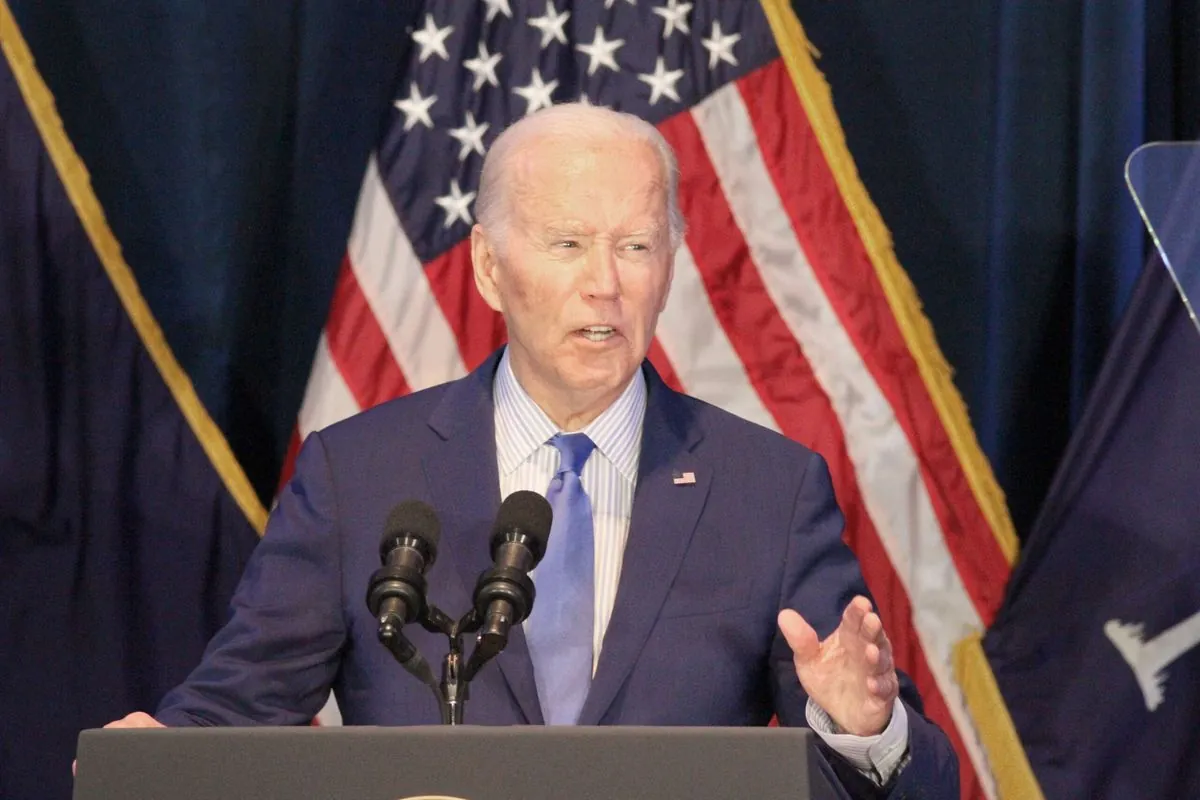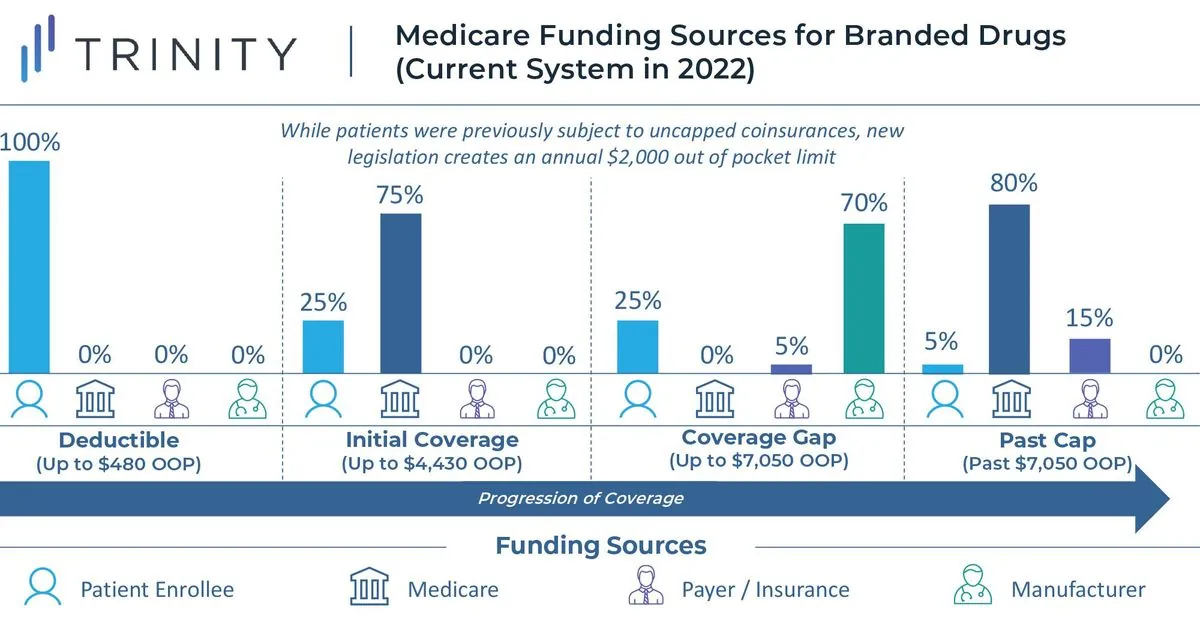Trump's IRA Cancellation Plan Faces Legal and Practical Hurdles
Former President Trump's pledge to cancel unspent Inflation Reduction Act funds faces significant obstacles. The Biden administration has already allocated most grants, with legal protections complicating any attempts to repurpose funds.

Donald Trump's recent declaration to cancel unspent funds from the Inflation Reduction Act (IRA) if elected president in 2024 faces substantial challenges, both practical and legal. The Biden administration has already distributed a significant portion of the climate-focused grants, with plans to allocate more in the coming months.
According to White House officials, $90 billion in grants have been awarded for climate, clean energy, and related projects under the 2022 IRA. This represents approximately 70% of the law's $120 billion in climate-focused grant money and over 80% of the funds available before 2025. An additional $15 billion is expected to be allocated soon.
White House Deputy Chief of Staff Natalie Quillian emphasized the administration's commitment to distributing funds "as quickly and as equitably as we can." She also highlighted the legal obstacles any future president would face in attempting to freeze unspent funds or the billions in tax credits provided by the law.

The IRA, signed into law on August 16, 2022, allocates approximately $369 billion to energy security and climate change programs over the next decade. It aims to reduce carbon emissions by roughly 40% by 2030 and includes various initiatives such as:
- Tax credits for electric vehicles (up to $7,500 for new vehicles)
- $60 billion for clean energy manufacturing in the US
- $60 billion for environmental justice initiatives
- A methane emissions reduction program
- $30 billion in grants for clean electricity transition
- $27 billion for a clean energy technology accelerator
- Tax credits for carbon capture and sequestration projects
- $20 billion for climate-smart agriculture practices
- $5 billion for healthy, fire-resilient forests and conservation
- $2 billion for National Labs to accelerate energy research
Legal experts, including Columbia University law professor Gillian Metzger, point to the 1974 Impoundment Control Act as a significant barrier to any attempts to repurpose allocated funds. This law, enacted after President Richard Nixon impounded funds for federal spending he opposed, severely limits presidential authority in such matters.
"I want to rescind all unspent funds under the misnamed Inflation Reduction Act."
Despite Trump's statement and Republican efforts to target the IRA, the law has garnered support from some unexpected quarters. Last month, 18 House Republicans urged Speaker Mike Johnson not to target the law, citing investments drawn to their districts by IRA subsidies.
As the 2024 election approaches, the fate of the IRA and its climate initiatives remains a contentious issue. However, with the majority of funds already allocated and strong legal protections in place, any attempts to dismantle the law's impact may prove challenging for future administrations.


































